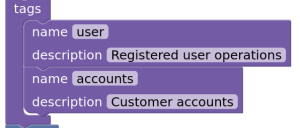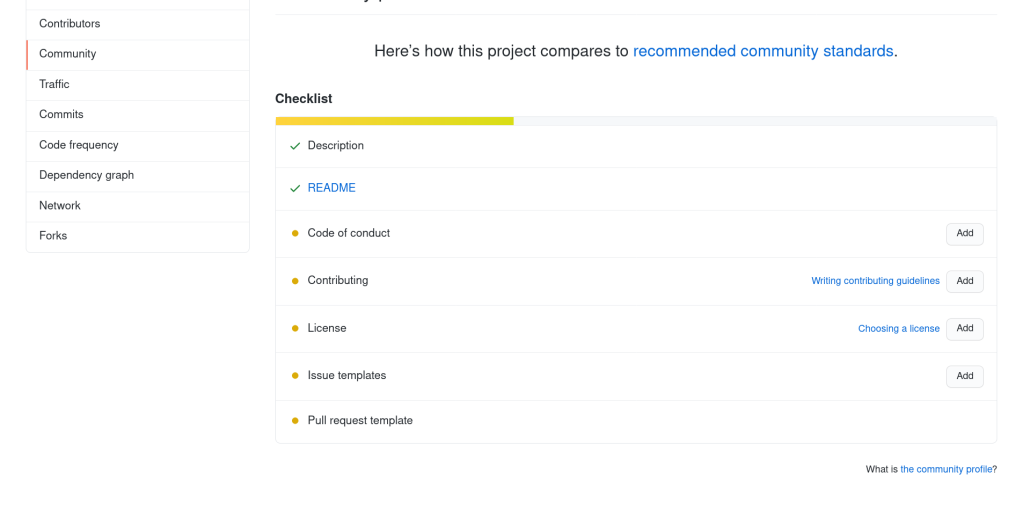I’m a big fan of docs-as-code for more or less any type of content publishing, but I’m less of a fan of Jekyll, the default tool used in GitHub pages. I also prefer ReStructuredText over Markdown as a markup format, so Sphinx is definitely on my shortlist of SSGs (Static Site Generators) for my projects. I recently switched the rst2pdf docs to using Sphinx hosted on GitHub pages, so here are my setup notes. Continue reading
05 Jun
2025


